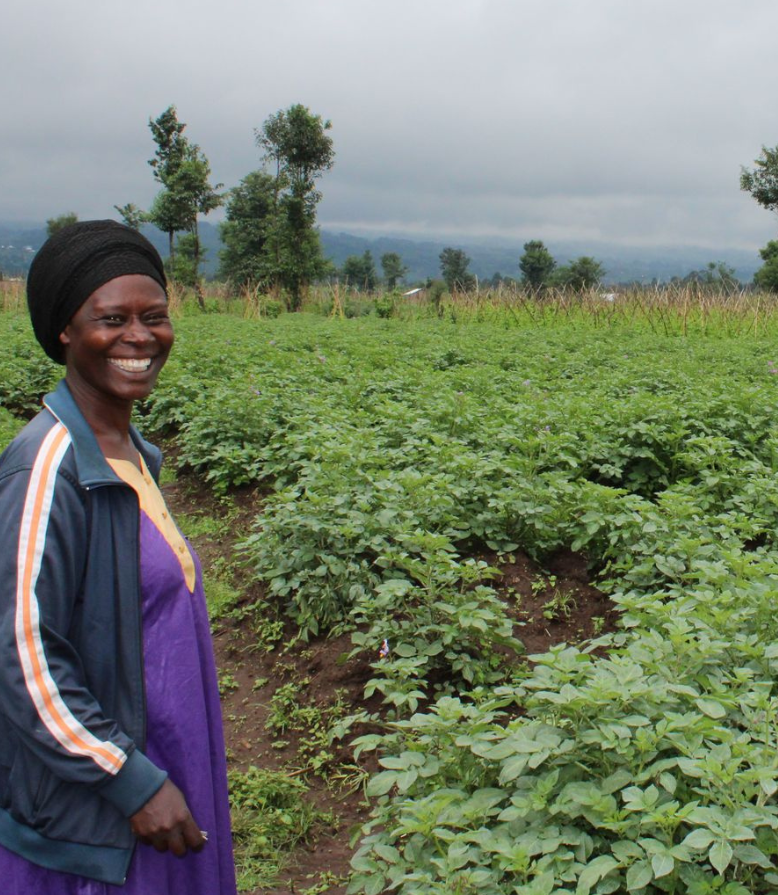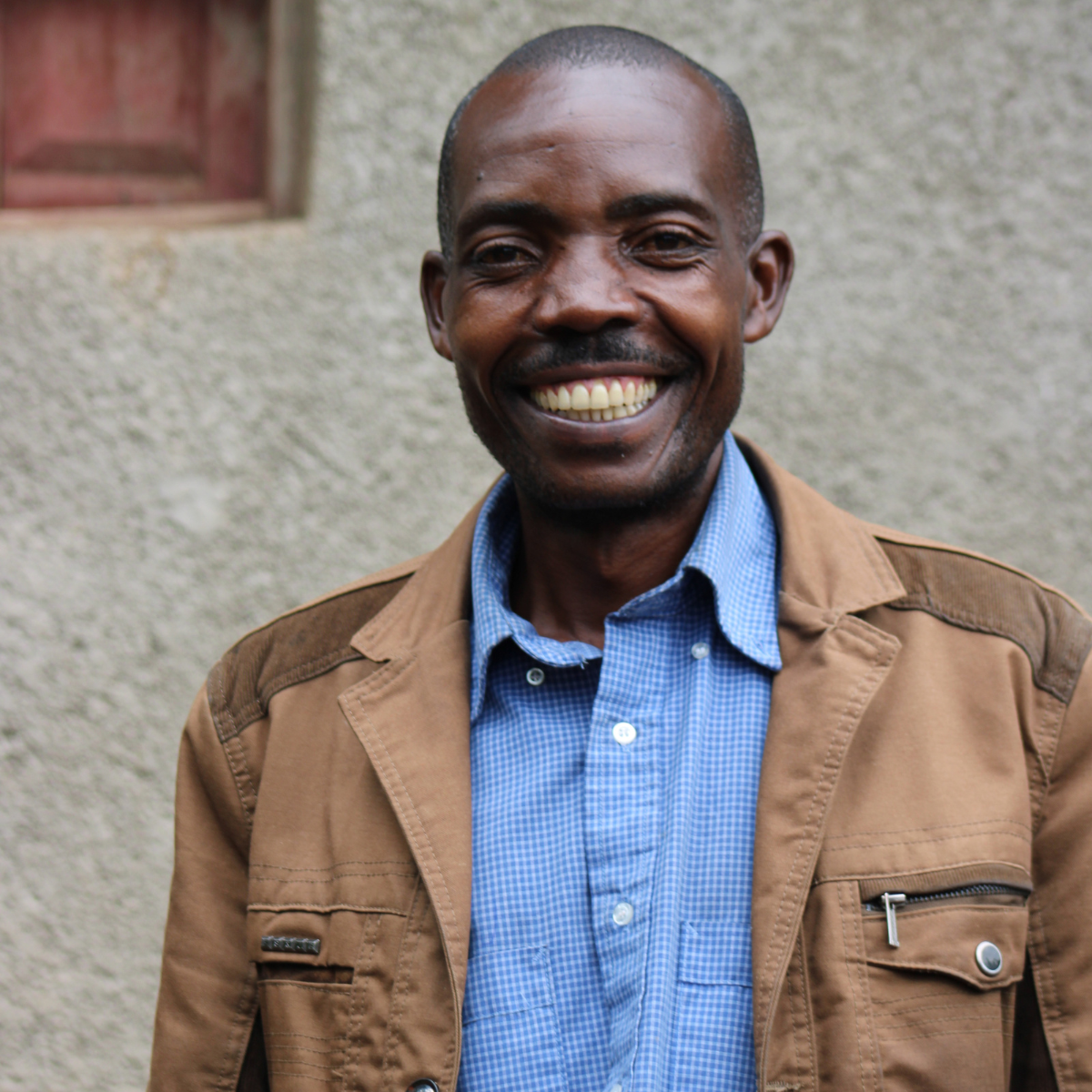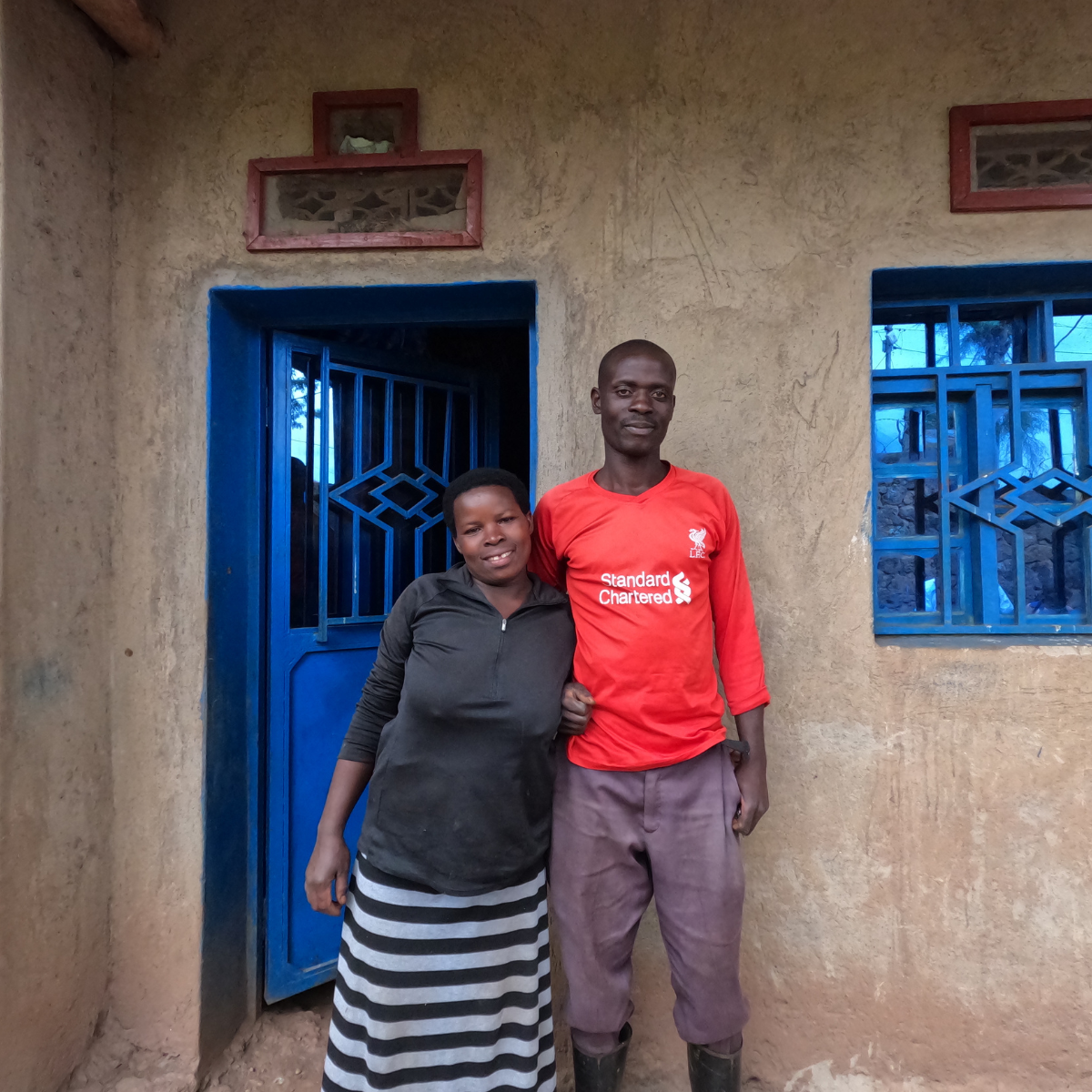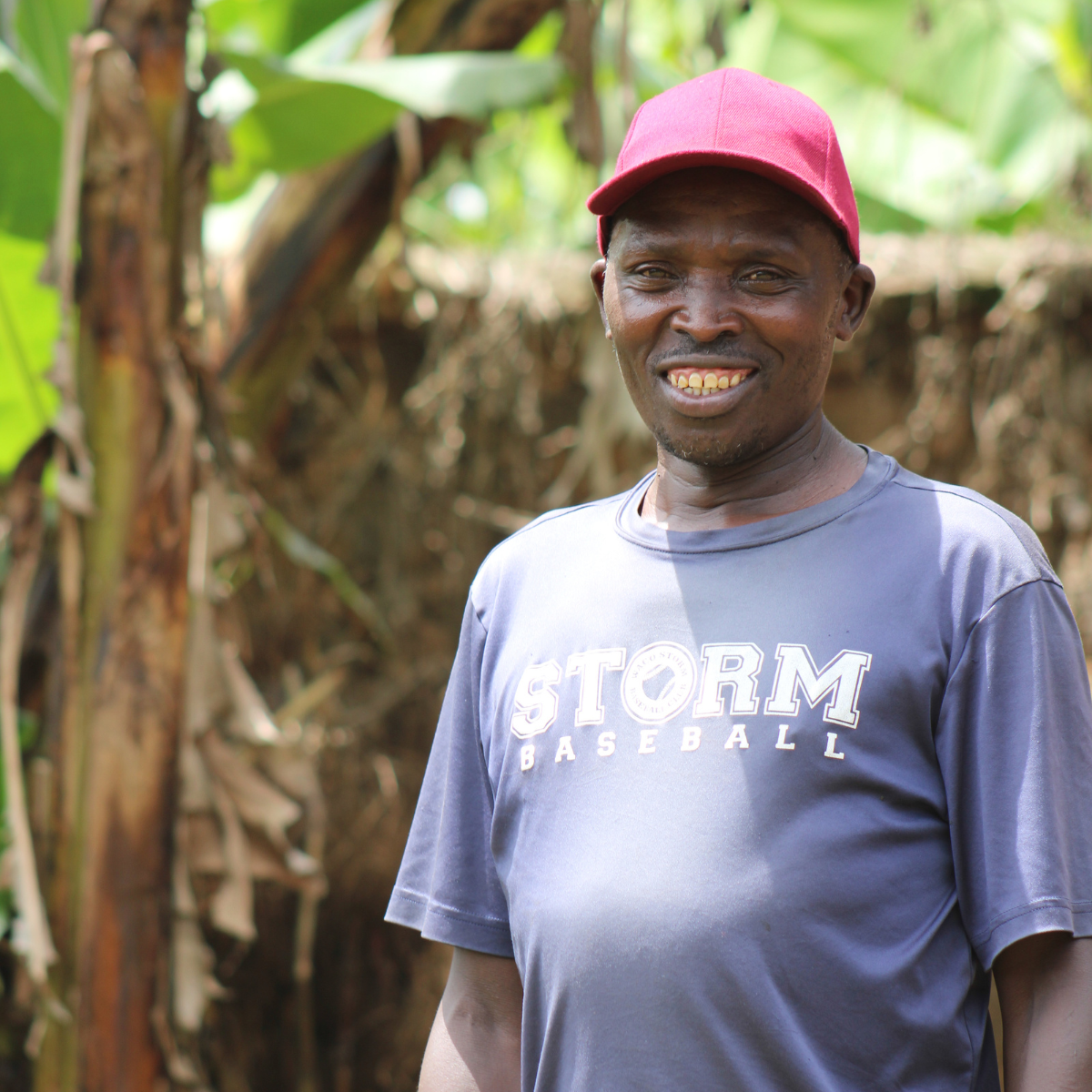Winnaz Crisps have come a long way, and they come with a unique story about the farmer who lovingly tended the same potatoes that ended up in your snack bag, as well as the dedicated people that make it possible. We proudly use this opportunity to submit our first impact report.
Our impact report sought to investigate how, after 8 years, HFF had influenced the following key social impact objectives: improving smallholder farmers’ financial health, increasing access to and use of quality agricultural inputs, increasing farm profitability, improving access to agricultural training and information, and becoming a preferred employer. We made certain that these implications were included in SDGs 1, 2, 5, 8, and 17.
Hollanda FairFoods made the following significant contributions in response to problems in the Rwandan Potato Value Chain: Using potatoes grown locally, Providing access to a sustainable market through value-addition, in-field advice from our agronomists, potato value chain stakeholder partnerships, and job creation.
Our effect summary looks like this: Our Winnaz crisps are created using potatoes supplied locally from around 2000 smallholder farmers across Rwanda. About expanding access to information and the usage of quality agricultural inputs, 70% of the smallholder farmers with whom we work are extremely satisfied with the quality and effectiveness of the agricultural inputs provided.
Smallholder farmers have also gained more access to agricultural training and information as a result of our agronomists team visiting at least 75 smallholder farmers weekly to provide them with advice on growing the highest-quality potatoes; our agronomists make 6,125 field visits each year.
On the social impact goal of increasing smallholder farmer farm profitability, the smallholder farmers we work with show an average increase of 67% in potato yield after working with HFF, allowing us to offer our smallholder farmers potato prices that are 33% higher than the market average. Our research on improving smallholder farmers’ financial health showed that every additional income helps them build a better future. It enables them to invest in their plots, increase harvests, and earn more for their families and communities.
Finally, to achieve the social impact goal of being a preferred employer, HFF ensures an inclusive workforce of 50% women and continues to promote women’s economic empowerment in the labor market. We encourage staff growth. Thus, personal development training programs are available to the entire workforce. We promote an open work environment with high levels of corporate approachability. We promote empowerment and a business mindset. As a result, two employees were able to launch their own business.




